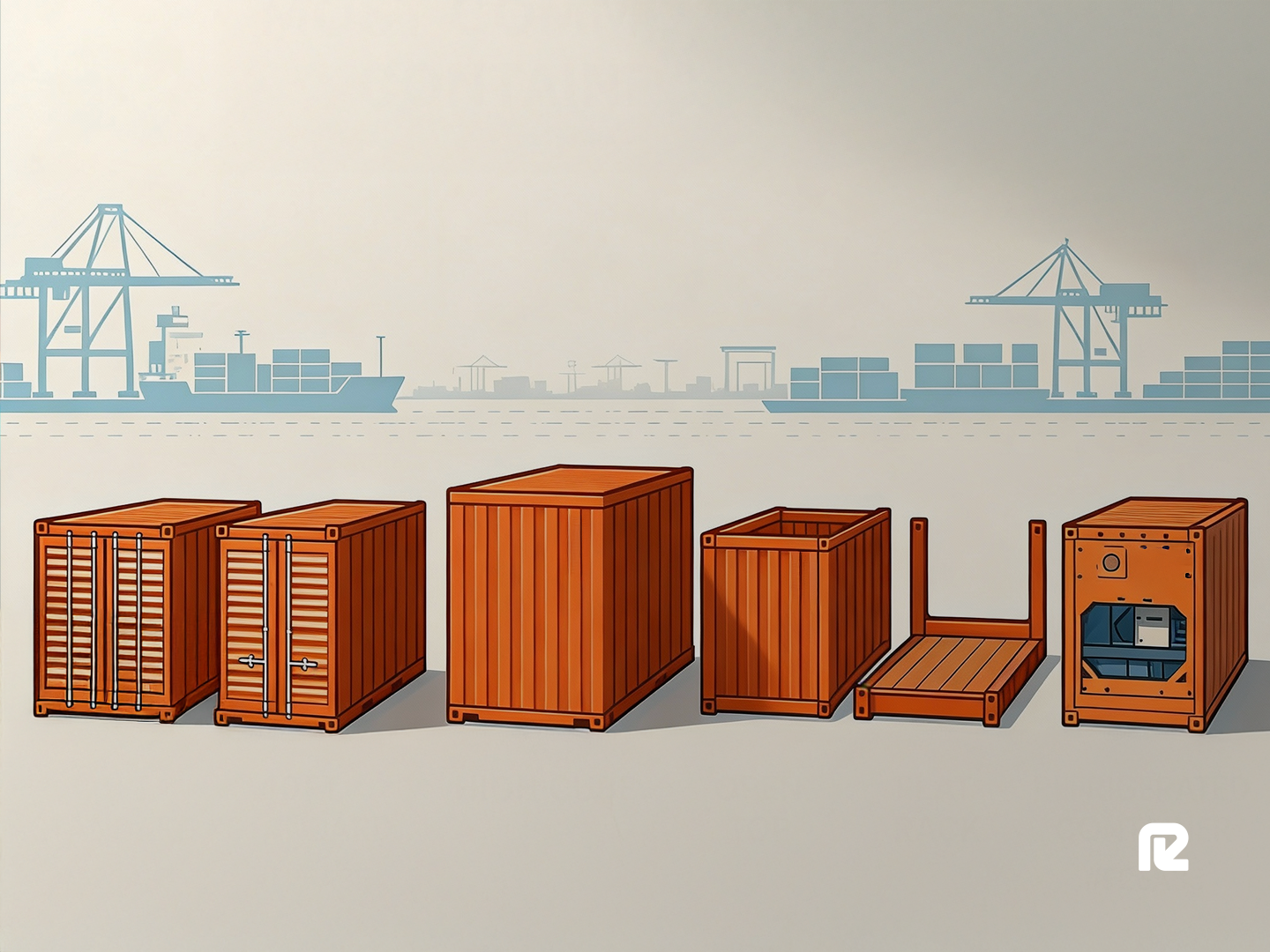Navigating Challenges in Stevedoring: A Focus on Reliable Cargo Management


Stevedoring, the critical process of loading and unloading cargo from ships, is a vital link in the global supply chain. Its efficiency directly impacts a company’s operations, affecting both cost and time. As the demand for faster and more reliable logistics services grows, companies involved in international trade are increasingly looking for stevedoring services they can count on.
In today’s complex and fast-moving global economy, reliability, punctuality, and a client-focused approach have become the key factors that set stevedoring providers apart. This blog will explore how a reliable and efficient stevedoring partner focuses on how these qualities help businesses thrive.
1. Reliability: The Foundation of Successful Stevedoring
Reliability is fundamental to any stevedoring operation. Clients expect their cargo to be handled properly, with minimal disruption, and delivered within the agreed timeframe. Cargo can range from bulk commodities to specialized equipment, and the importance of ensuring it reaches its destination safely and securely cannot be overstated.
Consistent Performance
In the logistics industry, consistency is key. Cargo vessels operate on tight schedules, and any delays in loading or unloading can have a cascading effect, leading to missed deadlines and higher costs.
A reliable stevedoring company not only minimizes delays but also ensures that cargo is handled with the necessary care. This requires the use of trained staff, modern equipment, and efficient processes.
Navigating Unpredictable Challenges
Reliability also means being able to manage unexpected challenges effectively. Weather conditions, mechanical breakdowns, and changes in schedules can disrupt even the best-laid plans. Stevedoring companies must be adaptable, with contingency plans in place to ensure cargo continues to move even in less-than-ideal circumstances.
2. Punctuality: Why On-Time Cargo Handling is Crucial
In the world of logistics, punctuality is paramount. When a ship arrives at the port, the clock starts ticking, and every minute of delay can have a significant financial impact. Time lost during the stevedoring process can delay further shipments, disrupt production lines, or result in costly storage fees. As such, on-time cargo handling is not just a nice to have; it’s essential to the success of supply chain management.
Reducing Downtime with Efficient Processes
Effective stevedoring operations rely on a well-coordinated team that knows how to work quickly without compromising safety or accuracy. Most companies use advanced technology to track vessel schedules, allocate resources efficiently, and ensure that each cargo operation proceeds smoothly. This not only cuts down on the time required for each operation but also helps reduce overall costs for clients.
Real-Time Tracking and Communication
To meet these needs, many stevedoring providers, use real-time tracking systems to monitor the status of each operation. These systems allow for better communication between the stevedoring team, port authorities, and clients, ensuring everyone is informed and on the same page. As a result, potential delays can be quickly identified and addressed before they impact the overall timeline.
3. Client-Focused Approach: Understanding and Meeting Client Needs
A stevedoring provider must understand its clients' unique needs and tailor its services accordingly. Each shipment is different, and a one-size-fits-all approach rarely works in an industry as diverse as cargo handling.
Custom Solutions for Unique Challenges
Clients may need to transport anything from bulk cargo to specialized machinery or perishable goods, and each type of cargo presents its own set of challenges. A customized stevedoring solution can ensure that the right equipment and personnel are available to handle the specific cargo, minimizing the risk of damage and ensuring it is processed most efficiently.
Transparent Communication
Another key aspect of a client-focused approach is clear and transparent communication. Clients want to be kept informed of the status of their shipments, especially in the case of delays or disruptions. By maintaining open lines of communication, stevedoring providers can build trust with their clients and ensure that any issues are quickly addressed.
4. The Importance of Safety in Stevedoring
Stevedoring is a physically demanding job that involves heavy machinery, complex equipment, and large cargo volumes. Safety must be a top priority. Accidents in stevedoring operations not only pose a risk to workers but can also result in significant damage to cargo, leading to financial losses and delays.
Implementing Strict Safety Protocols
To minimize these risks, strict safety protocols must be followed. These include regular equipment maintenance, safety training for workers, and adherence to international safety standards. Stevedoring companies that prioritize safety tend to see fewer accidents and incidents, ensuring that operations run smoothly without unexpected interruptions.
Reliability and Client-Focused Service as key differentiators
As global trade continues to expand, the role of stevedoring in ensuring timely and efficient cargo handling cannot be overstated. Stevedoring companies that focus on reliability, punctuality, and understanding their clients' needs are better positioned to meet the evolving demands of the industry.
As the industry evolves, the need for trusted and adaptable sourcing solutions will only grow. Partnering with a company that offers both reliability and a client-centric approach can be the difference between a disrupted supply chain and smooth, efficient operations.
Categories






